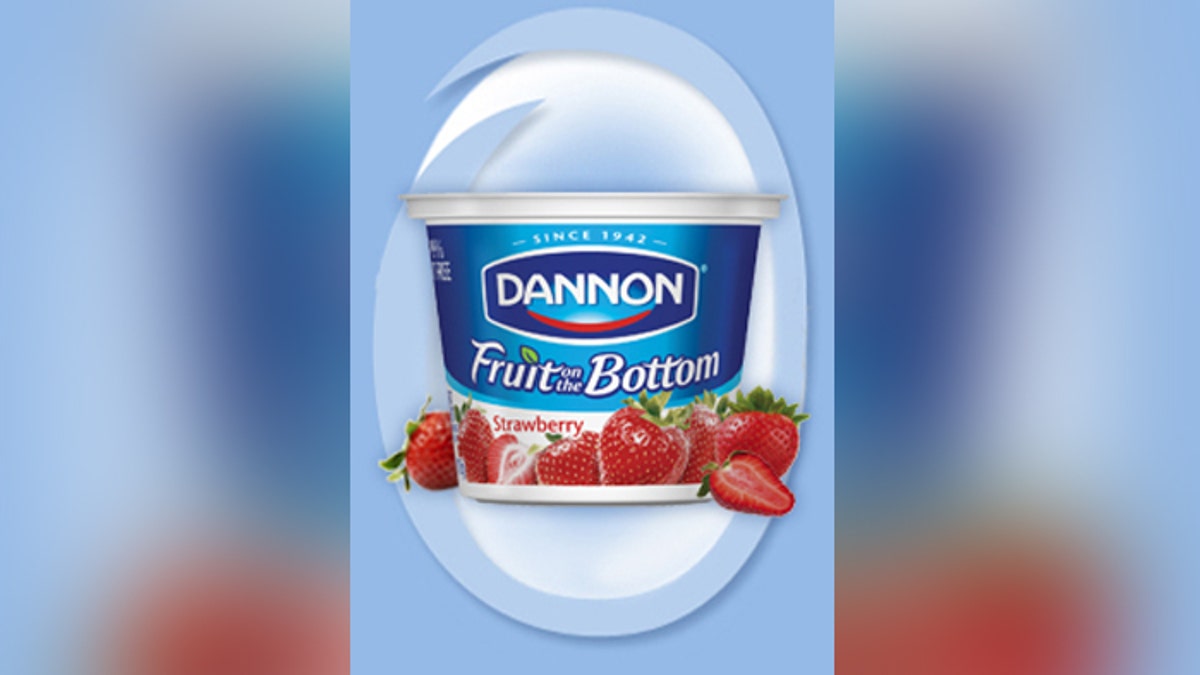
(www.dannon.com)
International yogurt manufacturer Dannon has recently come under fire for including a not-so-pleasant ingredient in its yogurt products: bugs.
According to the Center for Science in the Public Interest (CSPI) – a nonprofit food watchdog group – Dannon uses an ingredient known as carmine to give some of its fruit-flavored yogurt a pink color. Carmine is a bright red dye derived from the aluminum salt of carminic acid, which naturally occurs in the scales of cochineal insects.
Around 40,000 cochineal bugs are needed to produce just one pound of cochineal extract for the carminic acid, according to the Food and Agriculture Organization. In order to obtain the substance, the insects’ bodies are dried and then boiled in water.
The CSPI argued that Dannon’s use of carmine is cheating consumers, who believe that fruits are providing their yogurt’s color. They also maintain that numerous studies have found that the insect-based dye can put some people at risk for allergic reactions and even anaphylactic shock.
"I have nothing against people who eat insects, but when I buy strawberry yogurt I'm expecting yogurt and strawberries, and not red dye made from bugs," CSPI executive director Michael F. Jacobson said. "Given the fact that it causes allergic reactions in some people, and that it's easy to use safer, plant-based colors, why would Dannon use it at all? Why risk offending vegetarians and grossing out your other customers?"
The nonprofit said the strawberry, cherry, boysenberry and raspberry varieties of Dannon’s “Fruit on the Bottom” line all contain carmine, as well as the strawberry flavor of Dannon’s Oikos brand of Greek yogurt. Several flavors of Dannon’s Light and Fit Greed product and six of its Activa yogurts also use the extract. However, the company uses natural colors in its Danimals line of yogurts marketed towards children.
In an attempt to get Dannon to replace its insect-based dye with more fruit, the CSPI has created an online petition on TakePart.com, urging Dannon’s parent company Groupe Danone to change its dying practices.
Click for more from the Center for Science in the Public Interest.
